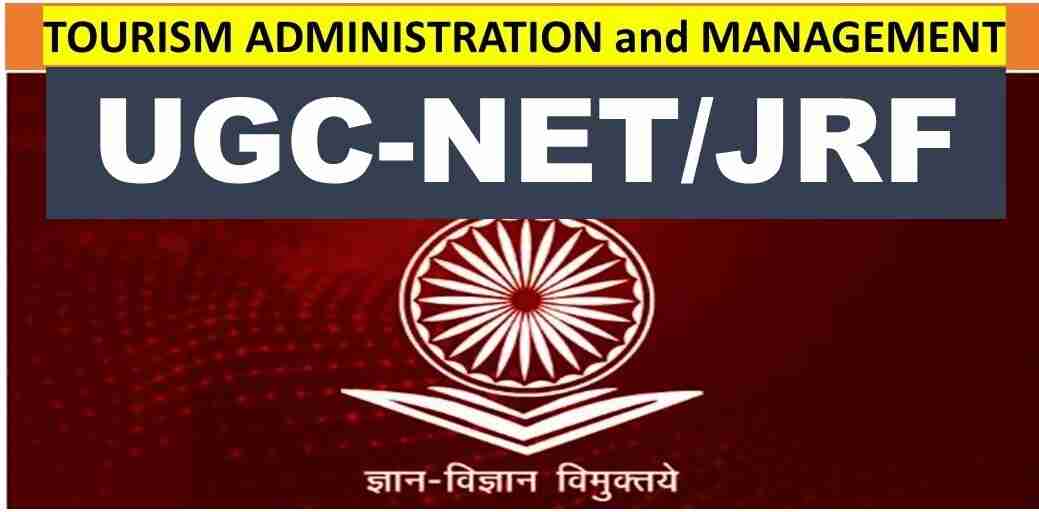The article gives information on 6 Unique North-East Indian Festivals to Witness
Northeast India, formally known as the North Eastern area (NER), is India’s easternmost area and serves as both a geographical and political administrative division. It consists of eight states: Arunachal Pradesh, Assam, Manipur, Meghalaya, Mizoram, Nagaland, and Tripura (together known as the “Seven Sisters”), as well as the “brother” state of Sikkim.
The North-East of India is known for its vibrant cultures, traditions, and festivals. Here are 6 Unique North-East Indian Festivals to Witness in the North-Eastern states:
Bihu (Assam)
Bihu is the most important festival for the people of Assam. There are three types of Bihu celebrated throughout the year, namely, Bhogali Bihu, Rangoli Bihu, and Kati Bihu. Rangoli Bihu is celebrated during April, which also marks the beginning of the Assamese New Year. It is the time of seeding and planting paddy crops.
The first day of the Bihu is dedicated to cows, who are a vital part of agricultural activities. Bihu savories like peetha, ladu are prepared and people are invited to each others’ place to enjoy the same. Everyone dances on the tunes of Bihu, which is popularly known as Husori. Kati Bihu is celebrated in October during which the plantation is completed. It is a solemn occasion. Bhogali Bihu is celebrated in January during the end of the harvest season. Friends and family sit togetherto enjoy a sumptuous meal, bonfire, and dance around in the tunes of the Bihu song.
Lui-ngai-ni, (Nagaland & Manipur)
Yet another important festival of the state of Nagaland. It is celebrated by all the tribes of the states. It is also widely celebrated in the Naga-occupied regions in the state of Manipur. It marks the beginning of the seed sowing season. People gather in great numbers with friends and family and perform their traditional dances with much zeal and enthusiasm.
There are also rituals of lighting the fire and performing mantras to bless the seeds. Every household prepares their local delicacies and savories and enjoys the same together. The Lui-Ngai-ni Festival is celebrated on 15th February every year.
Saga Dawa, Sikkim
Saga Dawa is a popular Buddhist Festival celebrated in the northeastern state of Sikkim. Saga Dawa is the name given to the full moon that appears in the middle of a lunar month. This festival is celebrated during the lunar month of the Tibetan calendar, which falls between May and June.
The Festival commemorates the entire life of Gautam Buddha right from his birth to death and his teachings and enlightenment. People gather in huge numbers in monasteries to light incense sticks and offer water and dhog. They also turn Gompas, prayer wheels, read out religious texts, and chant mantras together. This is a way of offering their respect and prayers to Buddha.
Losar Festival, Arunachal Pradesh
Losar Festival marks the beginning of Tibetan New Year and widely celebrated in Arunachal Pradesh. It is celebrated by the Monpa, Khamba, Memba, Nah, and Sherdukpens tribes. It is a three days festival celebrated in February.
On the first day of the festival, all the priests offer prayer to the highest priest called Palden Lhamo. People visit each others’ place to offer their best wishes. On the second day of the festival, kings and leaders are honored. On the third day, people offer prayers to the highest priest and tie prayer flags on their rooftops. The celebration continues for a longer period.
Nongkrem Dance Festival, Meghalaya
The Nongkrem Dance Festival is a five-day long dance festival widely celebrated by the Khasi tribe of Meghalaya. The Festival marks the end of the harvesting period and is celebrated as a thanksgiving occasion.
The main attraction of the festival is a dance performance by young Khasi men and women and goat sacrifice. The traditional dance of the Khasi Tribe, the “Nongkrem Dance” is performed by young women decked up in beautiful attires and ornaments. The got sacrifice ritual is known as “Pomblang”. The Festival takes place in November and celebrated in Spit, Meghalaya.
Wangala Festival, Meghalaya
Wangala Festival is a harvest festival of the Garo tribe in Meghalaya. The festival marks the end of the harvesting and sowing season. The main highlight of the festival is the performance of their traditional dance forms along with the beating of drums and blowing horns. A total of 100 drums are being beaten together in the same tune. Handcrafts and handloom items are also showcased in exhibitions. Different competitions like dance competitions, slow cooking competitions are also held. It is held during the second week of November every year







